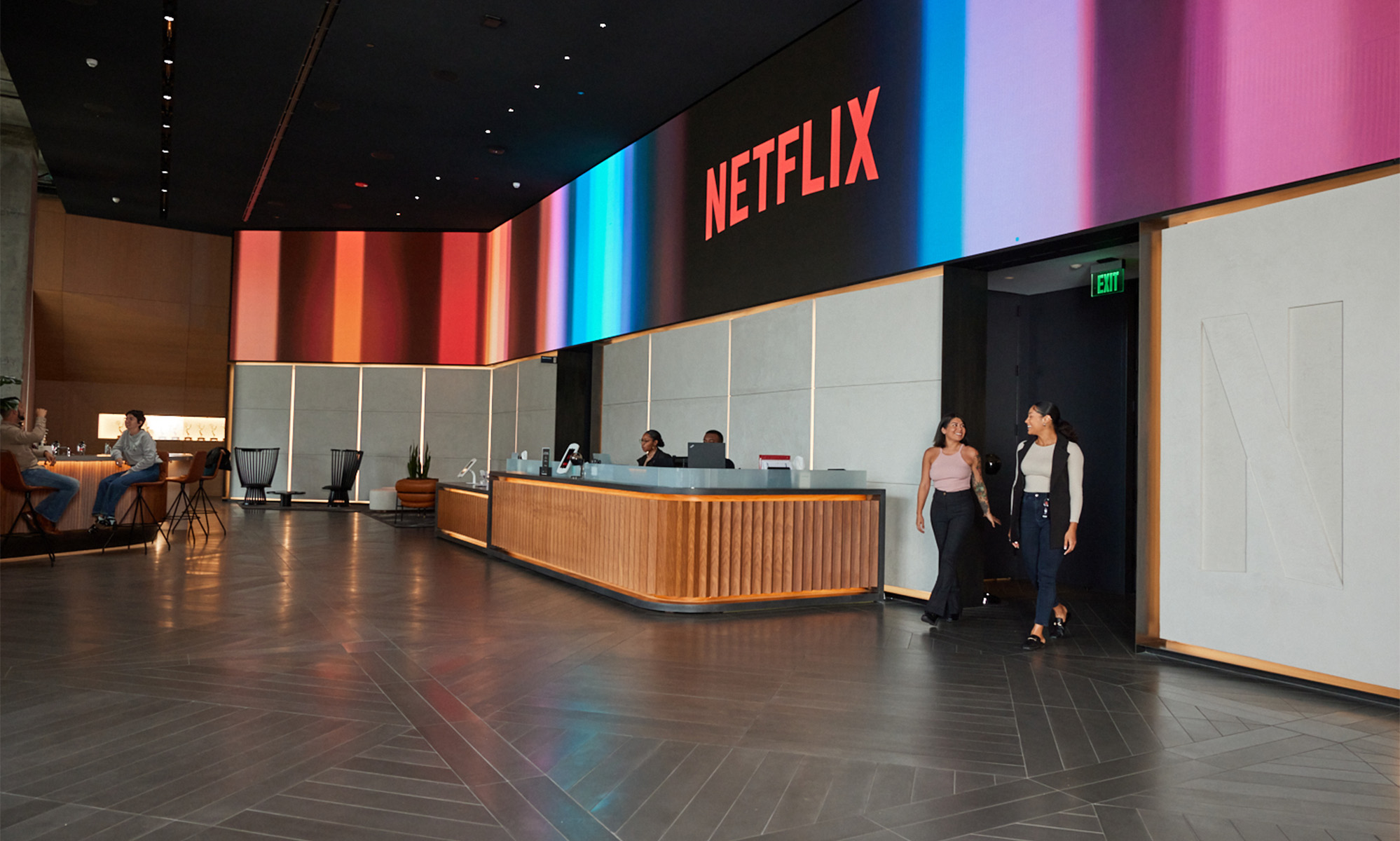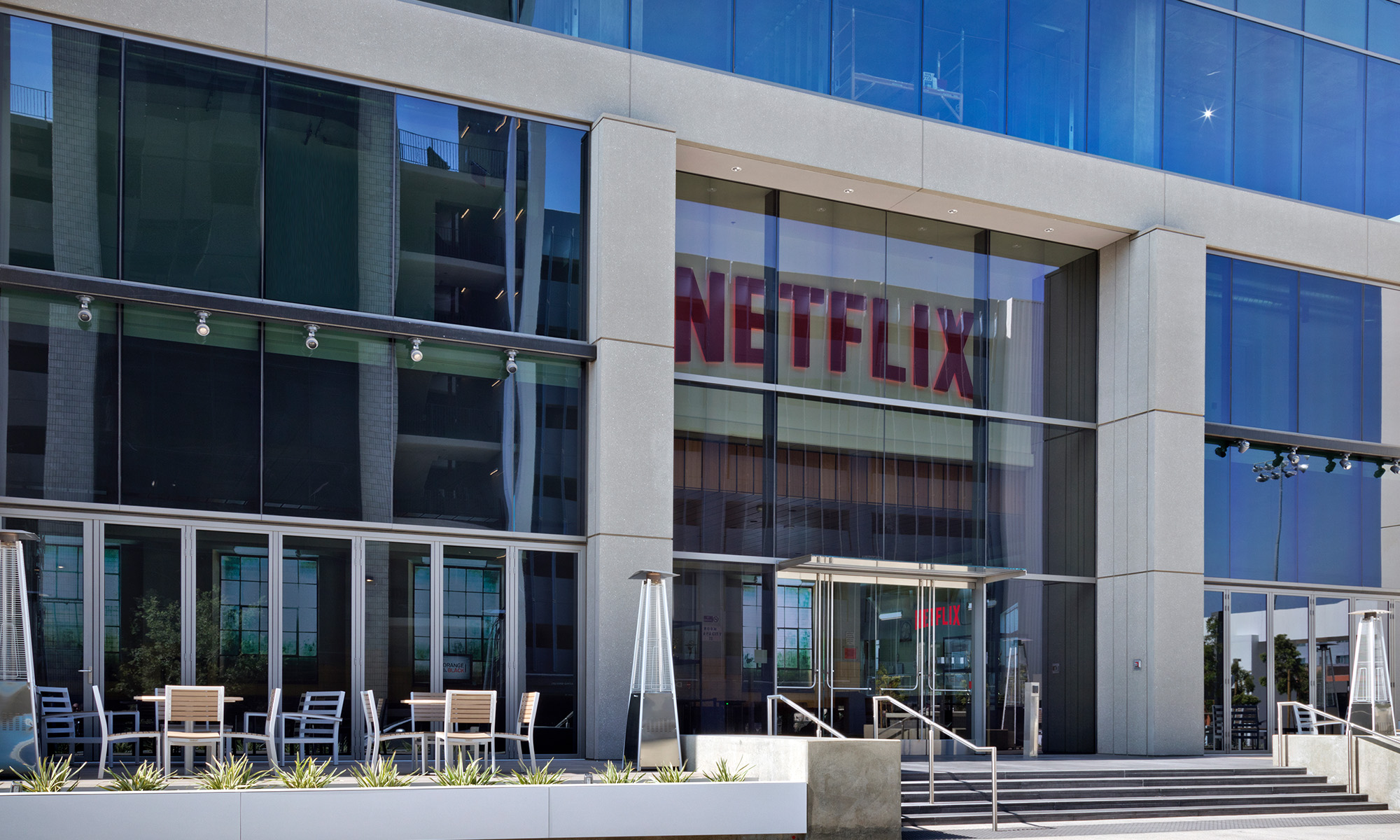Checking the recent stock activity of smart investors can dig up some promising investment ideas. These investors are not only paid pretty well to pick stocks, but they have access to research tools, such as interviews with management or other network contacts, that give them insights about companies and industries that individual investors don't have access to.
With that in mind, here's why some of the brightest minds in the game are buying ExxonMobil (XOM +1.39%), Wayfair (W 2.24%), and Netflix (NFLX 2.48%).

Image source: Getty Images.
1. ExxonMobil: Demand for oil is still increasing
Several stock gurus have been buying shares of the oil and gas producer lately, including Christopher Bloomstran's Semper Augustus and Jean-Marie Eveillard's First Eagle U.S. Value fund. Another one, Mark Hillman who manages Hillman Fund, nearly doubled his stake in the third quarter.
What's so great about ExxonMobil? Oil and gas companies have fallen deeply out of favor with investors in recent years, but sometimes it pays to take the contrarian point of view with industry leaders. Although ExxonMobil is facing long-term uncertainties about the future of carbon fuel, there are reasons to believe the company could rebound from here.
One thing that has pressured the share price is that debt levels have risen, but that is partly due to large capital expenditures going to growth projects like the Permian Basin and Guyana, which could lead to bigger profits down the road. Exxon announced in December that it made a new discovery of oil at the Mako-1 well off the shores of Guyana in South America, which could support further development.
Another key factor weighing on the share price is the uncertainty about where ExxonMobil fits in a world where everyone is driving electric vehicles. We're likely at least a decade away from electric vehicles going mainstream. Until then, oil and gas is still enjoying rising demand, and that likely won't change any time soon. Exxon management believes it can double earnings in the next five years without any increase in oil prices based on investments in new production.
The stock pays an above-average dividend yield of nearly 5% -- the highest yield in the last 25 years. Through recessions and wild swings in oil prices, ExxonMobil has still managed to increase its dividend payout at an average annual rate of 6.2% over the last 37 years, including a 39% cumulative increase since 2013. The stock is poised to make investors some money off these lows.
2. Wayfair: Taking share from brick-and-mortar stores
The online home goods store continues to report robust growth in revenue every quarter. The top-line growth decelerated last quarter, which management blamed on tariffs that are causing some shoppers to hold off on purchasing. But the company's 36% year-over-year growth in revenue for the third quarter, and over Black Friday, reflects a business that is benefiting enormously as more spending in the home goods market shifts from physical stores to online.
The stock has been volatile over the last few years. The recent deceleration on the top line caused investors to hit the sell button, cutting the stock price nearly in half during the second half of 2019.
One of the most respected investment firms took advantage of the volatility to start a position in the stock. In the third quarter, investment firm Ruane Cunniff & Goldfarb, manager of the Sequoia Fund, purchased over one million shares. This is notable because the investors at Ruane Cunniff are known for their value investing approach, but they clearly see the market discounting the potential for Wayfair to capture a significant amount of share of home-goods spending shifting online.
One reason for the stock's volatility is that Wall Streeters are having a difficult time understanding the company's path to profitability. Wayfair is investing heavily in logistics, marketing, international growth, and new product categories like plumbing (faucets, bath, etc.). With this investment cycle, Wayfair is building a competitive advantage that may be insurmountable in the long term by other home goods retailers that don't have the tech-savviness as the founders of this company. I own shares and believe now is a good buying opportunity.

Image source: Getty Images.
3. Netflix: Unrivaled content library
A $10,000 investment in Netflix at the beginning of 2010 would now be worth $432,000. The first decade of streaming has been awesome for consumers and obviously Netflix shareholders, but I believe the company still has a long way to go before it hits the pause button.
Since 2012, Netflix has been preparing for the increasing competition in streaming. CEO Reed Hastings recognized the future of entertainment was going digital very early and has positioned Netflix to pave the way forward in a new entertainment era. Its growing library of original content should continue to add more subscribers, which ended the last quarter at 158 million globally and growing.
New subscribers are clearly attracted to Netflix's unmatched depth and quality of content. Some investors, including me, have been skeptical of the company's decision to spend more than $10 billion annually on content creation to the point of taking on debt to finance it.
However, subscribers continue signing up. Global paid subscribers increased an impressive 21% in the third quarter, and there is tremendous opportunity internationally, where the subscriber count has been growing the fastest. As management explained in the third-quarter shareholder letter, "Amazing content can be expensive. We don't shy away from taking bold swings if we think the business impact will also be amazing." It's obvious those huge investments in content are paying off.
A few smart investors agree with Hastings that the returns on this investment cycle will be amazing. In the third quarter, two notable hedge funds, Lone Pine Capital and Lee Ainslie's Maverick Capital, bought shares of Netflix.
The stock looks expensive, with a forward price-to-earnings ratio of 62 times analysts' earnings estimates. But in a world where content is getting more expensive and demand for content is increasing, Netflix is pretty much the only streaming service in the world that can offer a wide variety of quality content across so many genres. That should put the business in a very lucrative position down the road.
Value or growth
While ExxonMobil is certainly a play for the contrarian-minded, Wayfair and Netflix should appeal to investors looking for growth. The Motley Fool's Anand Chokkavelu recently picked Wayfair and Netflix as two of the top 20 stocks investors should buy in 2020.








